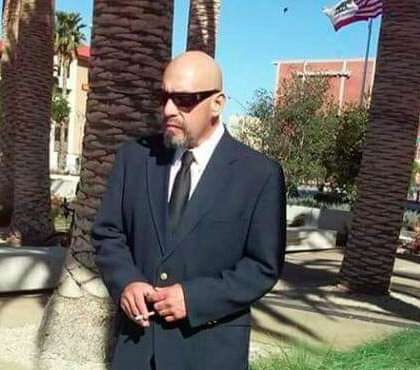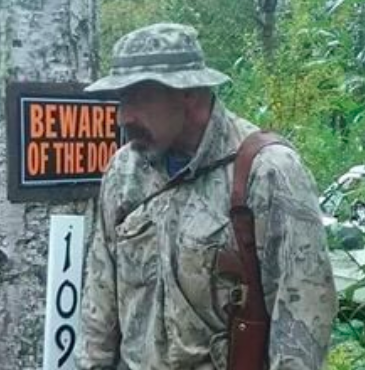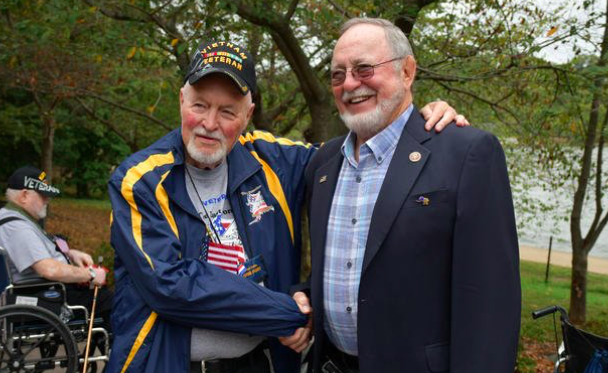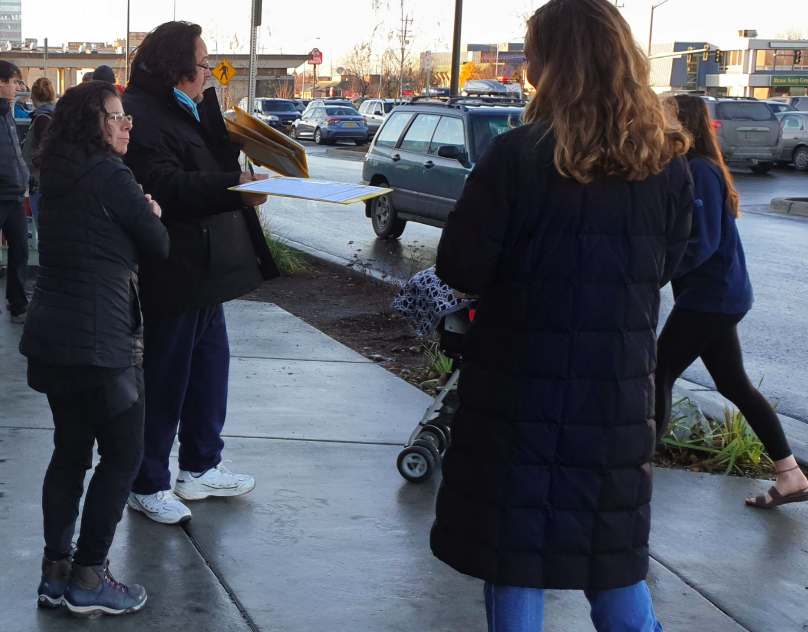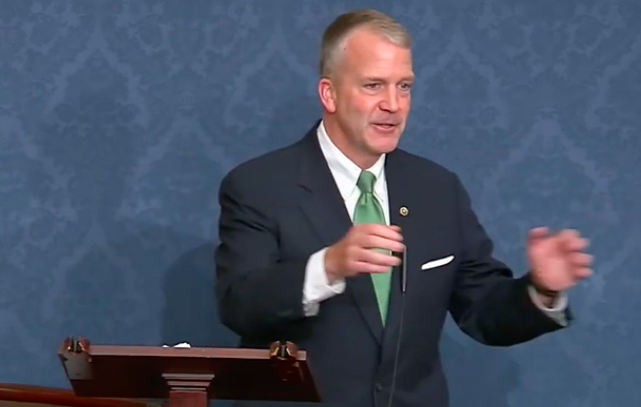NEW TO ALASKA FROM CALIFORNIA GANGLAND
Alaska State Troopers are looking for 51-year-old Juan Camarena in connection with three homicide deaths in Wasilla on Nov 2.
In early November, the bodies of 25-year-old Michael “Mikey” Attwood and 37-year-old Donna Marie Campos were found on Knik Knack Mud Shack Rd, and the the body of 28-year-old Alyssa Jimenez was found near mile 10 of Knik Goose Bay Rd.
Troopers believe that the three were together before their deaths, and that this is a triple murder.
But who is Camarena? A newcomer to Alaska, Camarena is Hispanic, about six feet tall, and weighs 200 pounds. His last known location was in the Big Lake area. Camarena should be considered dangerous.
His birthdate may be March 12, 1968. His middle name may be Pablo. He has aliases. He says he is from Colton, California.
He has had a love interest in the 2900 block of South Singing Woods Dr, in Wasilla. On Facebook, he spells his name Camarana. He was Facebook friends with the victims. He is not a registered voter in Alaska, nor did he apply for a Permanent Fund dividend this year. He has no history of arrest in Alaska. But there are breadcrumbs…
There’s no telling if Camarena is the same Juan Camarena arrested in Colton, California in 2014 on suspicion of gang-related drug and gun violations.
But the likelihood is there, based on Must Read Alaska research. Police had been called to a decrepit house where nearby residents said drug trafficking, thievery, and gang activity was going on.
Police allegedly found drugs and drug paraphernalia in the home, and a loaded .40-caliber pistol in the room of a documented gang member. There were hidden compartments hiding drugs and the house was considered fortified.
Four of the seven people at the home were arrested on suspicion of maintaining a home for drug sales, possessing a firearm and drugs, along with other charges.
Arrested in 2014 were Juan Camarena, then age 45, and Bernadette Ruiz, 24, both of Colton. Also arrested were Tania Campos, 32, and Francine Villa, 22, both of San Bernardino.
[Read Colton, California charges here]
Must Read Alaska is not able to determine how Tania Campos, arrested in 2014 with Juan Camarena, is related to the slain Donna Marie Campos in Wasilla this month.
But there is a close family connection between Juan Camarena and a Paul Camarena of Colton, California, (birthday 7/04/69 or 68) shown here from his social media profile. No doubt police are wanting to talk to him.

Colton, California is a gang stronghold, and there are dozens of gangs in the San Bernadino area. Some of the predominant gangs in Colton are the Eastside Coltone, Northside Coltone, Southside Coltone, along with the Verdugo Flats, and of course Crips.
The Camarena residential connection is from the heart of neighborhoods controlled by the Northside Coltone gang.
If anyone has information about Juan Camarena, contact MatCom Dispatch at 907-352-5401.

